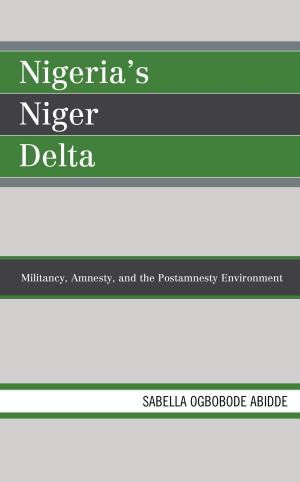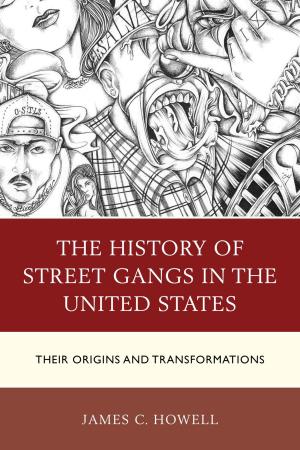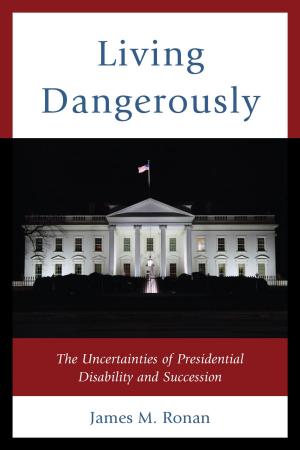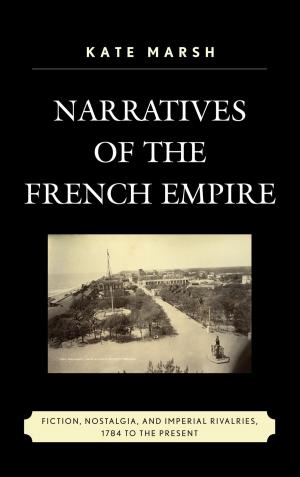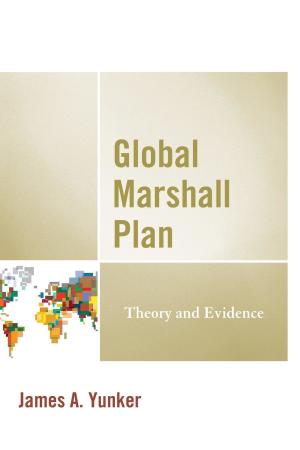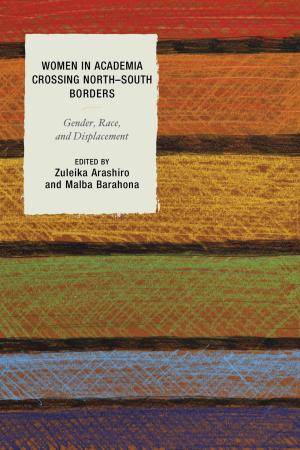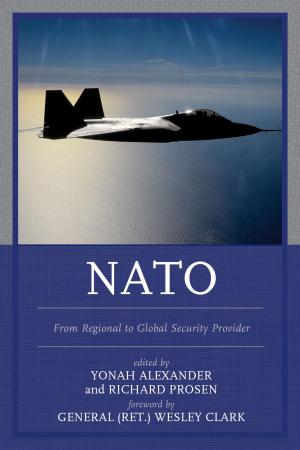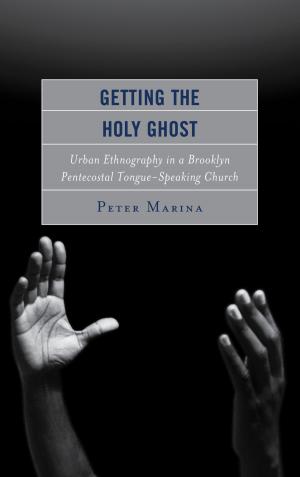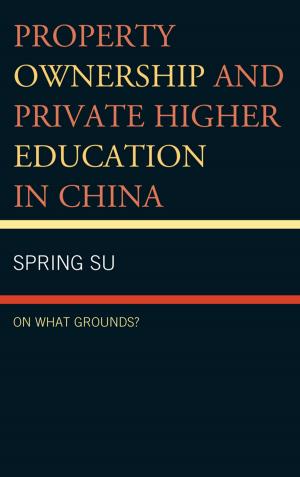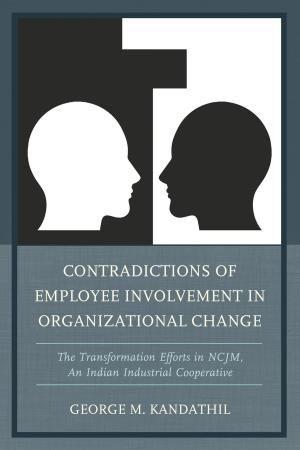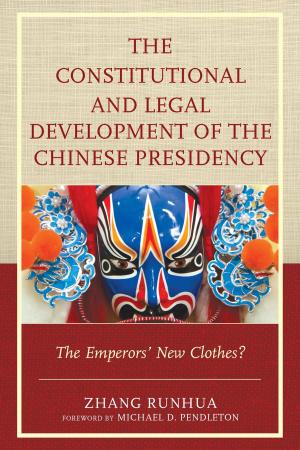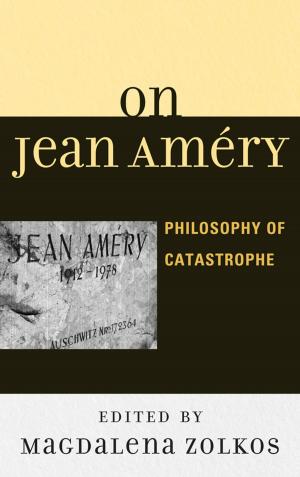Once Iron Girls
Essays on Gender by Post-Mao Chinese Literary Women
Nonfiction, History, Asian, China, Social & Cultural Studies, Social Science, Gender Studies, Fiction & Literature, Literary Theory & Criticism| Author: | ISBN: | 9780739134238 | |
| Publisher: | Lexington Books | Publication: | December 28, 2009 |
| Imprint: | Lexington Books | Language: | English |
| Author: | |
| ISBN: | 9780739134238 |
| Publisher: | Lexington Books |
| Publication: | December 28, 2009 |
| Imprint: | Lexington Books |
| Language: | English |
Available in English for the first time, Once Iron Girls: Essays on Gender by Post-Mao Chinese Literary Women brings together twenty-five essays by seven critically acclaimed writers, whose fiction and poetry have become classics in modern Chinese literature. Poetic, metaphoric, and sometimes playful and satiric, the essays discuss the material reality wherein Chinese women live and function. Reflecting on their experiences under Mao and in post-Maoist China, these essays vividly demonstrate that, despite equality of the sexes being the official position and women working equally demanding jobs as men, women are still considered servile to their male counterparts. Taken together, the collection shows Chinese women struggling for identity by discussing the issues that are important in their lives. Unlike Western feminists, they do not want to be seen as different from their male counterparts. Nor do they want to fall into Chinese terminology of being the same as men. Rather, these essays show that women want to be seen first and foremost as human and then as female. By showcasing the politics and poetics of Chinese women's essays to an English audience, Hui Wu's translations uncover the philosophy and purpose behind the literature of a unique generation of Chinese women, whose life experience finds no parallel in China and certainly not in the West.
Available in English for the first time, Once Iron Girls: Essays on Gender by Post-Mao Chinese Literary Women brings together twenty-five essays by seven critically acclaimed writers, whose fiction and poetry have become classics in modern Chinese literature. Poetic, metaphoric, and sometimes playful and satiric, the essays discuss the material reality wherein Chinese women live and function. Reflecting on their experiences under Mao and in post-Maoist China, these essays vividly demonstrate that, despite equality of the sexes being the official position and women working equally demanding jobs as men, women are still considered servile to their male counterparts. Taken together, the collection shows Chinese women struggling for identity by discussing the issues that are important in their lives. Unlike Western feminists, they do not want to be seen as different from their male counterparts. Nor do they want to fall into Chinese terminology of being the same as men. Rather, these essays show that women want to be seen first and foremost as human and then as female. By showcasing the politics and poetics of Chinese women's essays to an English audience, Hui Wu's translations uncover the philosophy and purpose behind the literature of a unique generation of Chinese women, whose life experience finds no parallel in China and certainly not in the West.

